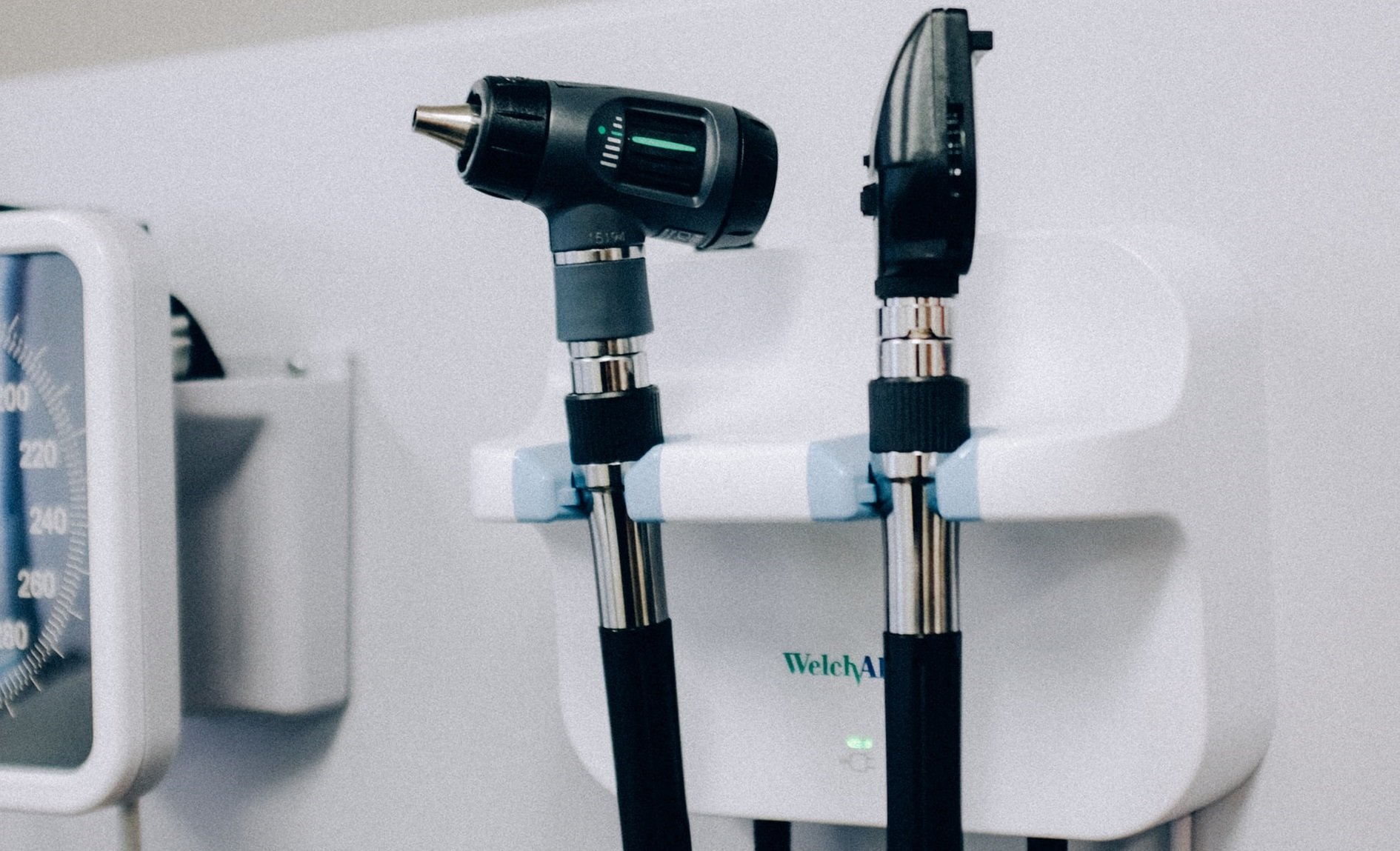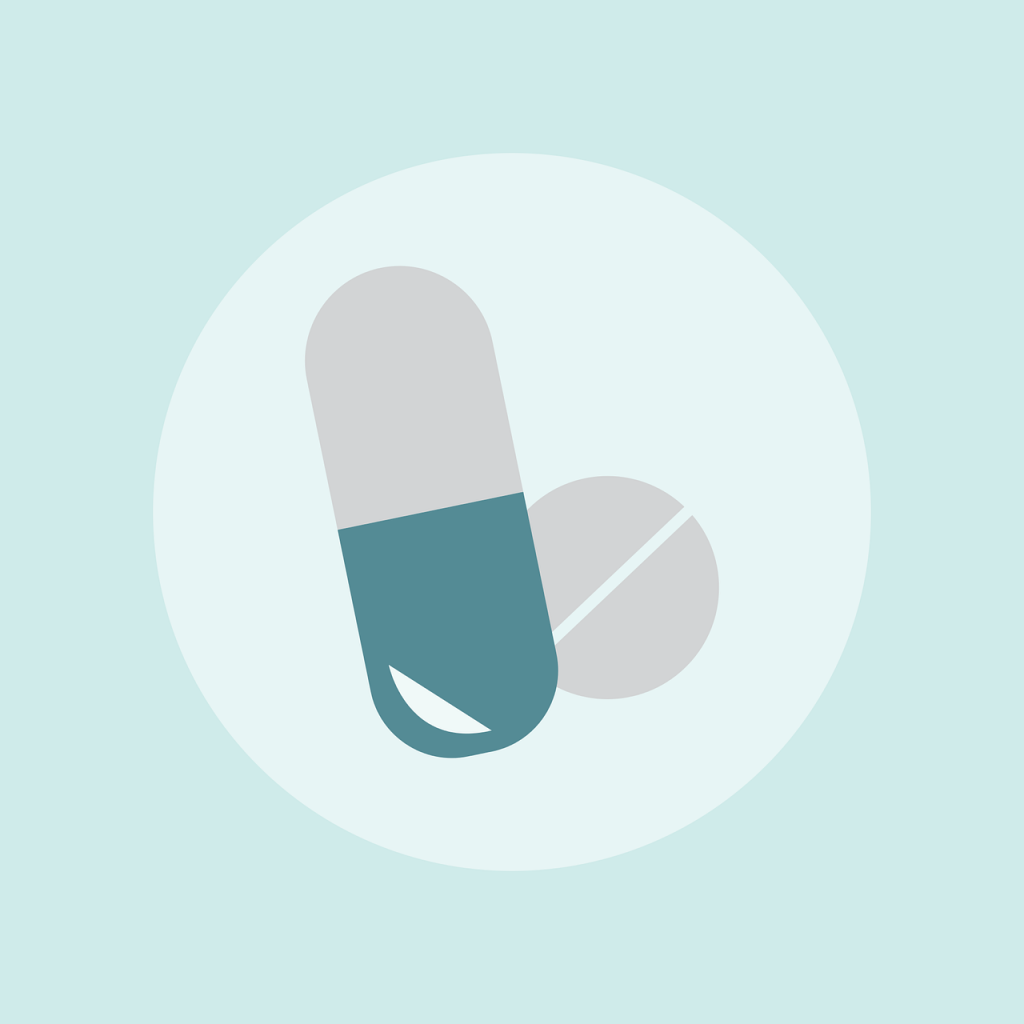
Ear infections are nasty, no way around it. They can also be linked to hearing loss!
If you find yourself suffering from:
- A constant pain or ache in the ear
- A sensation of fullness or pressure in the ear
- Difficulty hearing normally
- Feeling dizzy
- Feeling nauseated
Then you might have a middle ear infection. For more information on this ailment you might find yourself facing, read on!
Contents
What Are The Causes of Ear Infections?
Middle ear infections are almost always associated with upper respiratory infections, such as the common cold. In the back of the throat are the Eustachian tubes, which connect the throat to the middle ear. Normally, the Eustachian tubes keep the middle ear, the small space behind the eardrum, clean and dry by bringing air that we breathe through our nose or mouth through the tubes and to the middle ear. The infection, however, causes the back of the throat to become swollen and inflamed, blocking the Eustachian tubes.
When the Eustachian tubes become blocked, they can no longer bring drying air to the middle ear. As a result, the cavity in the middle ear becomes damp and warm, which is a perfect place for bacteria to grow and cause infection. Because the Eustachian tubes are blocked, pressure can build up in the middle ear space and fluid can’t drain away via the Eustachian tubes as it normally would. The pressure and excessive fluid can result in pain, pressure, and temporary hearing loss.
Allergies, such as pollen, dust, pet dander, or food allergies, can produce effects similar to an upper respiratory infection and can cause or exacerbate ear infections in both children and adults. It’s possible that bacteria can invade a person’s body and directly cause an ear infection, but it’s much more common for an ear infection to follow an upper respiratory infection or allergic reaction.
An additional risk factor for developing ear infections is adenoid or tonsil infections. These glands are positioned close to the Eustachian tube, and viruses or bacteria from infections of these glands can easily spread to the middle ear.
Causes of Ear Infections in Children

Middle ear infections can happen to anyone who gets an upper respiratory infection. However, young children and infants are much more susceptible to middle ear infections for several reasons.
First, the immune system in children is still developing, and often has a harder time fighting off respiratory infections than the immune system of adolescents and adults. Second, children’s bodies are also still developing, and their immature Eustachian tubes don’t stay open as well to ventilate the middle ear space. Third, children’s Eustachian tubes are positioned more horizontally than adults, and as a result don’t drain as well into the throat.
What About Ear Infections & Hearing Loss?
The build-up of fluid in the middle ear cavity puts pressure on the eardrum and middle ear bones; this restricts their normal movement, and they can no longer transmit sound normally, which results in hearing loss.
Ear infections often resolve themselves without medical intervention, but sometimes medical help is needed to treat an ear infection. Although rare, chronic ear infections can, over time, damage the eardrum, the bones of the middle ear, or the hearing nerve, which can result in permanent hearing loss.
How to Avoid Permanent Hearing Loss from Ear Infections
Although ear infections rarely cause permanent hearing loss, all ear infections should be taken seriously. The easiest way to avoid temporary or permanent hearing loss from ear infections is to avoid ear infections altogether by following these steps:
- Avoid exposure to secondhand smoke; do not smoke, and don’t allow smoking in your home
- Get vaccinated against the flu every year
- Follow good hygiene habits such as frequent handwashing and using hand sanitizer when necessary
- Breastmilk provides infants with antibodies useful in fighting off ear infections, so if it’s possible, breastfeed your baby for at least six months; if you bottle feed, make sure your baby is in an upright position and don’t leave bottles in the crib with your baby
- When you go swimming, wear ear plugs to prevent water from entering your ears
- Discuss vaccinations with your doctor that may prevent ear infections, such as pneumococcal and other bacterial vaccines.

Antibiotics often have side effects and other risks, so Doctors try to hold off on prescribing antibiotics because ear infections often heal on their own. If the person is suffering with pain from the ear infection, their doctor may prescribe medication to treat the pain for the first one or two days, or instruct the sufferer to use aspirin or acetaminophen.
If the ear infection isn’t resolved by then, then a doctor may prescribe antibiotics. The antibiotic that is prescribed most often to fight ear infections is amoxicillin, which is a broad-spectrum, penicillin-based antibiotic. Make sure you take the entire course of the prescription, even if you or your child are feeling better – if you don’t, the infection could return, especially in children.
What to Do About Chronic Ear Infections
For chronic middle ear infections, especially in children, ear tube surgery may be necessary. An otolaryngologist (ear, nose, and throat doctor) will make a small incision in the eardrum and place a small tube that connects to the middle ear cavity and allows it to drain. This minor surgery is usually only performed on children who have severe ear infections and accompanying hearing loss.
In cases where chronic ear infections are associated with infections of the adenoids or tonsils, an otolaryngologist may recommend adenoidectomy or tonsillectomy, which are surgical procedures to remove the glands. Removing these glands will prevent future spreads of infection to the Eustachian tubes and middle ear and decrease the frequency of ear infections.
The information in this guide has been written using the following reliable sources:
https://kidshealth.org, https://www.healthyhearing.com,https://www.nhs.uk, https://www.webmd.com, https://www.mayoclinic.org, https://www.boystownhospital.org, https://www.asha.org, https://www.betterhealth.vic.gov.au






